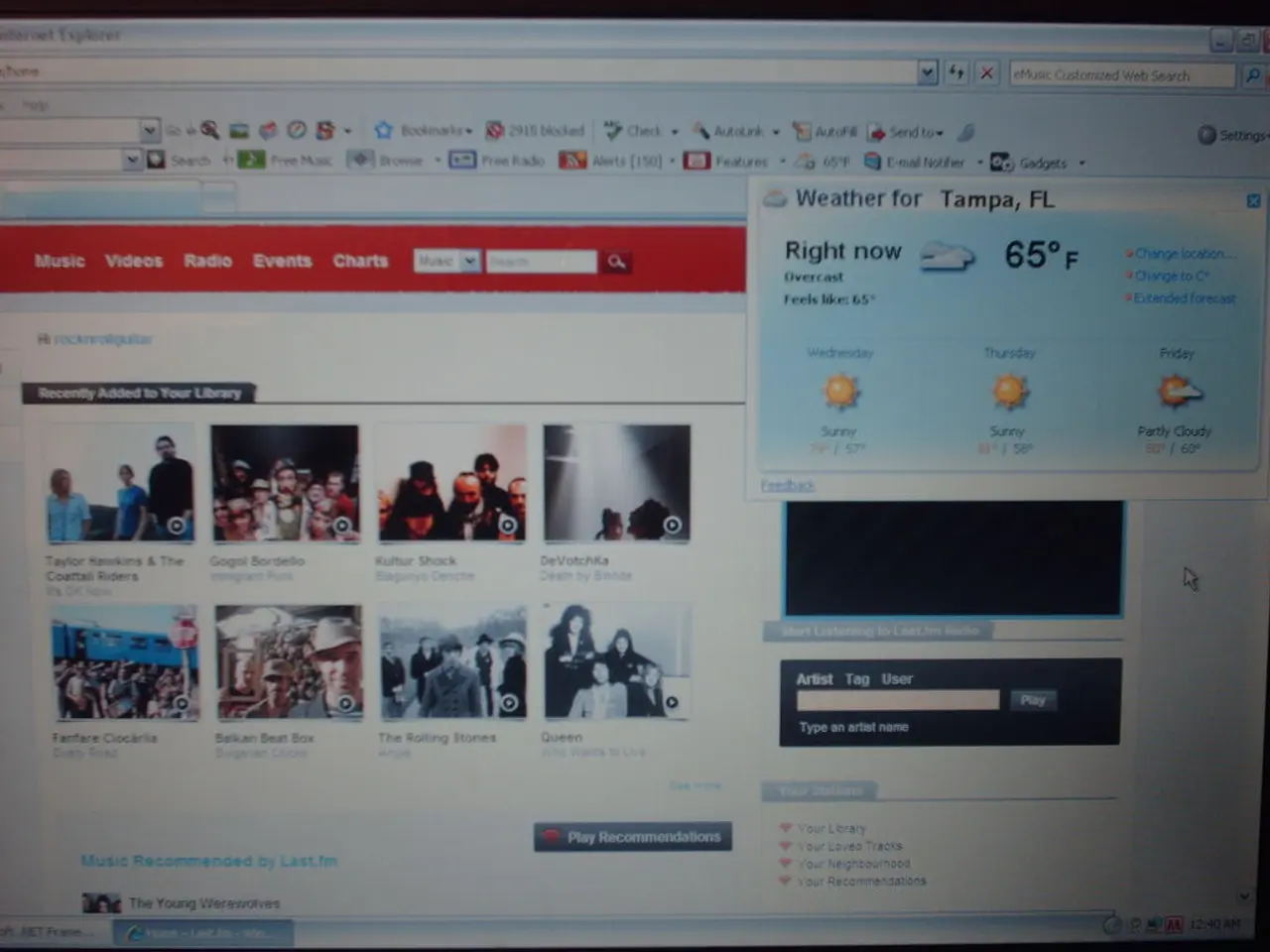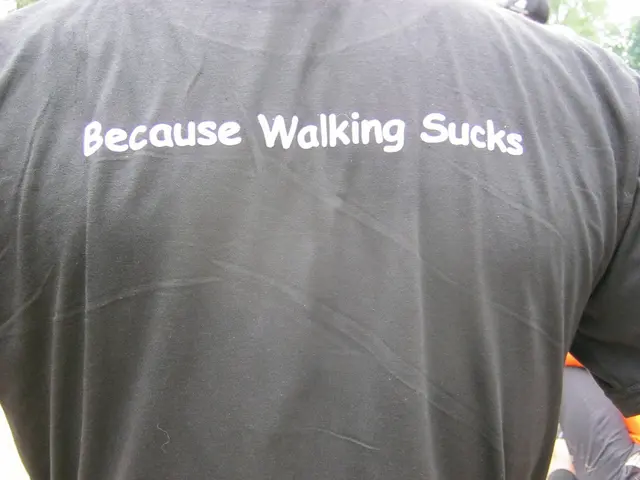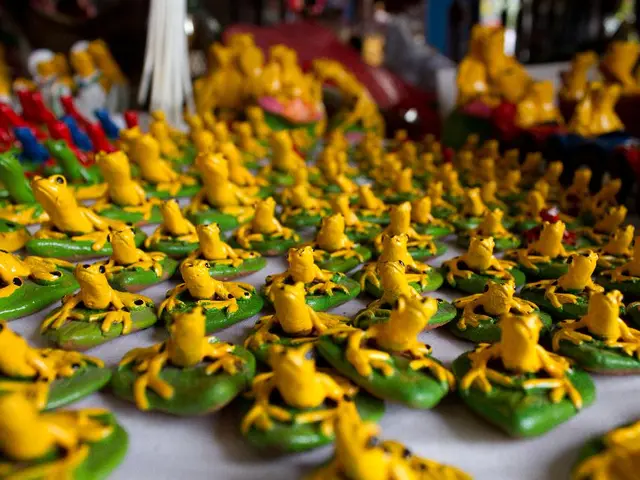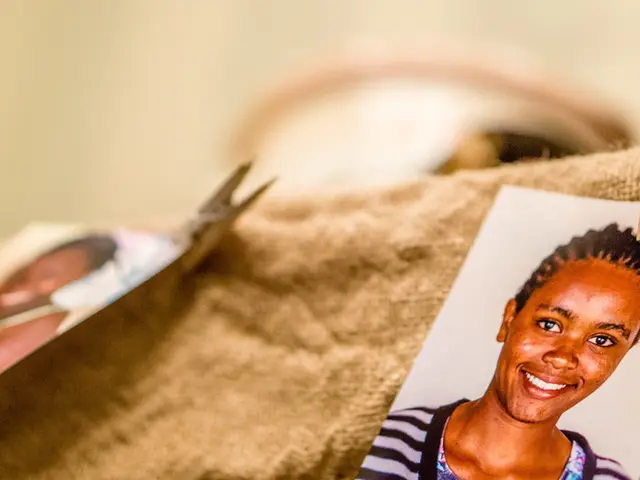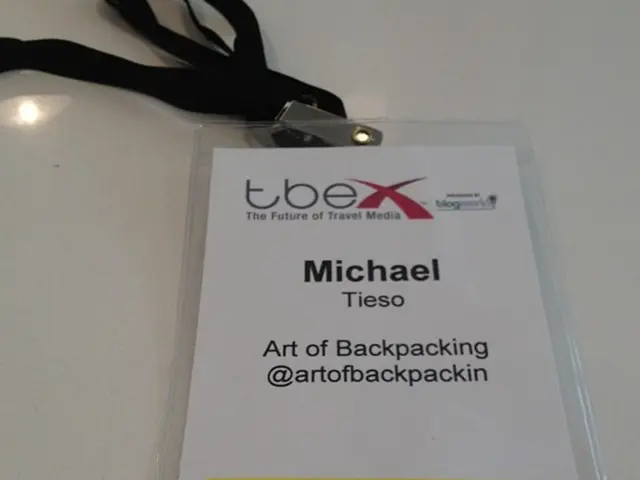Decentralized Autonomous Organizations (DAOs) on the Web3 landscape: An Examination of the Radical Change in Organizational Structure
In the ever-evolving digital landscape, Decentralized Autonomous Organizations (DAOs) are making waves as a new form of governance that empowers communities and promotes transparency.
DAOs, companies or communities that operate without a boss, are run by their members through smart contracts and blockchain technology. They are enabling NFT communities to govern themselves, giving collectors, creators, and fans a voice in the future of their favourite digital art collections. This decentralized approach could potentially replace traditional governance systems, leading to a future where every decision is made by the community.
One sector where DAOs are making significant impacts is Decentralized Finance (DeFi). They allow for lending, borrowing, and earning interest on crypto without relying on traditional banks. Aave and MakerDAO are prime examples of successful DeFi DAOs.
DAOs are also streamlining supply chains, allowing companies to manage them in a more transparent, decentralized way, reducing fraud. They help create decentralized applications (dApps) and platforms that work without middlemen, such as Uniswap, a decentralized exchange.
The future of DAOs holds potential innovations like cross-chain interoperability, better governance models, and more user-friendly interfaces, making them more accessible and powerful. However, challenges remain, including technical barriers like issues with smart contracts, blockchain scalability, and security risks.
Social impact DAOs are working on projects aimed at environmental sustainability, education, and disaster relief, driving change on a global scale without centralized control. Yet, issues like low voter turnout or apathy can impact decision-making and democratic participation in DAOs.
As DAOs pave the way for a fully decentralized internet, known as Web3, regulatory uncertainty looms. Governments are still determining how to regulate DAOs, adding a layer of complexity to this new form of governance.
Transparency is a key aspect of DAOs, as all decisions and transactions are open for anyone to view due to the use of blockchain technology. This shift towards decentralization is a potential revolution in the internet, giving power back into the hands of the users. A Web3 world, powered by DAOs, could be the future we've all been waiting for.
Read also:
- Top 5 ASX-Listed Graphite Companies Projected for 2025
- Affordable, Comprehensive Energy Storage Solution for Small-Scale Power Plants: The Marstek Jupiter C Plus, Priced Under 220 € per Kilowatt-Hour, Offers a 100 € Discount per Set.
- Future Focus: Hoyer Prioritizes Safety, Environmental Sustainability, and Electric Mobility in Nufam 2025
- U.S. Airline Advances Significantly in Pursuit of Green Air Travel with Zero Emission Flights
